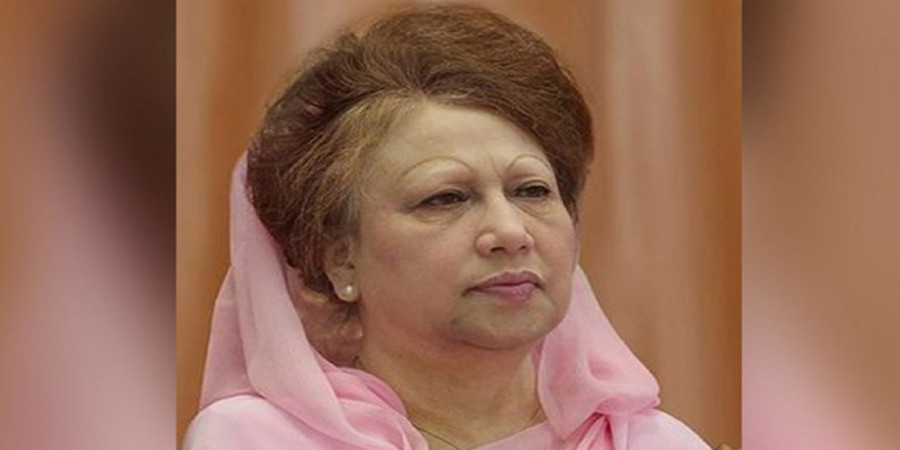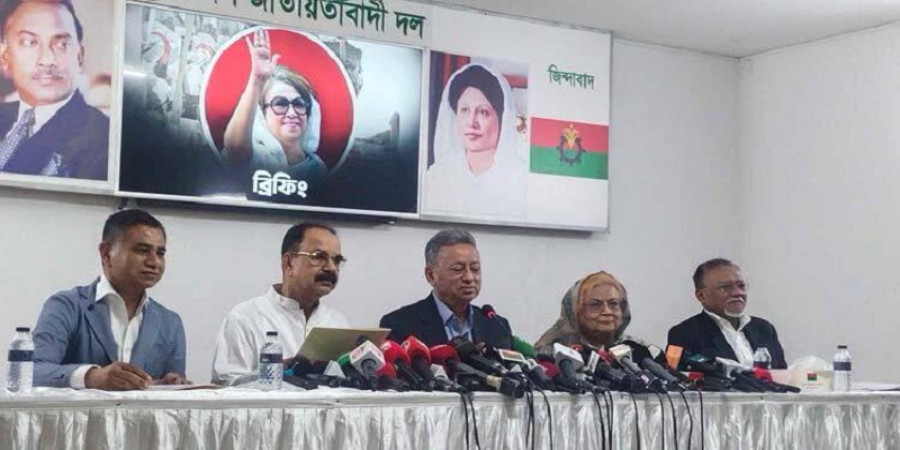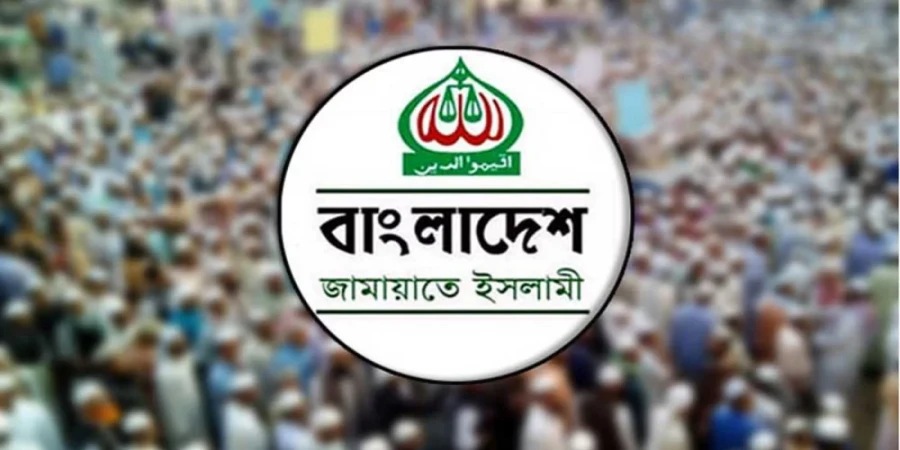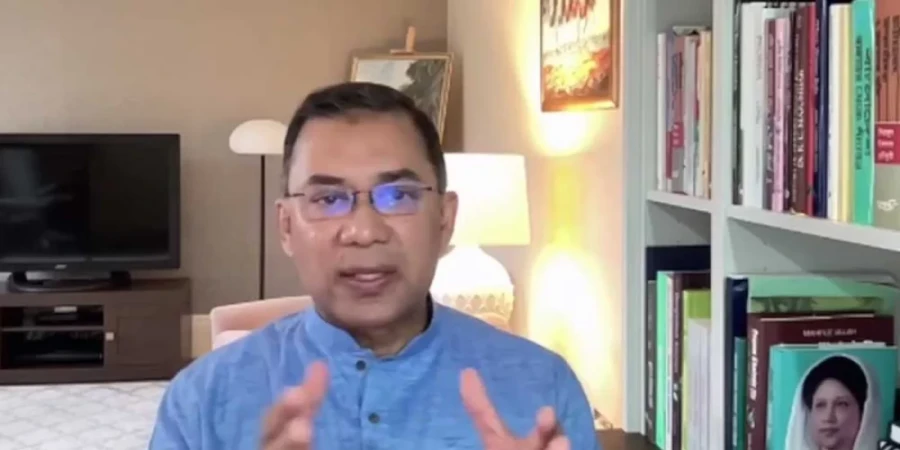
ছবি: File photo
BNP Chairperson Khaleda Zia, after more than a decade, attended the Armed Forces Day event on November 21, marking her first public appearance in over six years. This has reignited discussions about why she hasn’t sought medical treatment abroad despite persistent demands from her party and supporters.
For years, the BNP staged protests demanding Khaleda Zia’s release and permission to seek advanced treatment overseas. Although the Awami League government did not allow her to travel abroad during its tenure, questions have emerged as to why she hasn’t traveled abroad even three and a half months after a regime change. Analysts suggest that the issue is not just health-related but also deeply political.
Political analyst Mohiuddin Ahmed believes Khaleda Zia’s decision not to leave the country may be politically motivated. "She is now free and can travel anytime. However, her delay or hesitation might indicate a political strategy. Khaleda Zia remains the central figure in BNP’s politics, and her presence strengthens the party. Her absence might weaken BNP’s political position," he noted.
Several BNP leaders at various levels reportedly prefer that Khaleda Zia remain in the country unless absolutely necessary. This sentiment is fueled by ongoing political uncertainty surrounding interim government reforms and elections. Ahmed highlighted, “Her decision to stay or leave carries political weight, as she remains BNP’s most significant asset.”
Khaleda Zia’s personal physician, Dr. A.Z.M. Zahid Hossain, emphasized the complexity of her medical condition. He explained that her multiple comorbidities require meticulous planning for any long-distance travel. “This is not as simple as arranging an air ambulance for a short trip to Singapore or Bangkok. Her condition requires maintaining negative cabin pressure during flights, which makes the process more challenging.”
BNP spokesperson and standing committee member Salahuddin Ahmed clarified that logistical delays, including arranging a suitable air ambulance, have been the primary reason for the delay in her travel. "Preparations for her travel are nearly complete. She is expected to travel to the UK first, and subsequent decisions will be made based on her doctors’ recommendations," he added.
Khaleda Zia’s possible departure has sparked discussions about parallels with the controversial “Minus Two” formula from the 2007 military-backed caretaker government, which aimed to sideline the leaders of Bangladesh’s two major political parties. Mohiuddin Ahmed suggests that a broader “Minus Four” formula, targeting political heirs Tarique Rahman and Sajeeb Wazed Joy, was also considered during that time.
Ahmed noted, “If Khaleda Zia leaves for treatment abroad, it might align with a continuation of the 'Minus Four' narrative, weakening the BNP’s core leadership.”
However, Salahuddin Ahmed dismissed such speculations, stating that the current interim government, born out of a democratic uprising, bears no resemblance to the military-backed administration of 2007. "This is a people’s government, and there’s no room for 'Minus Formula' narratives here,” he asserted.
As Khaleda Zia’s health remains a matter of concern, her decision to travel abroad intertwines medical necessity with political calculations. Whether she stays or leaves, her role continues to dominate the BNP’s political strategy and the broader national discourse.
repoter






